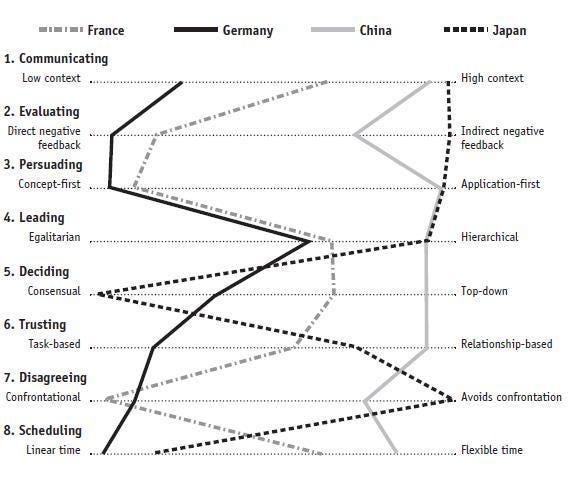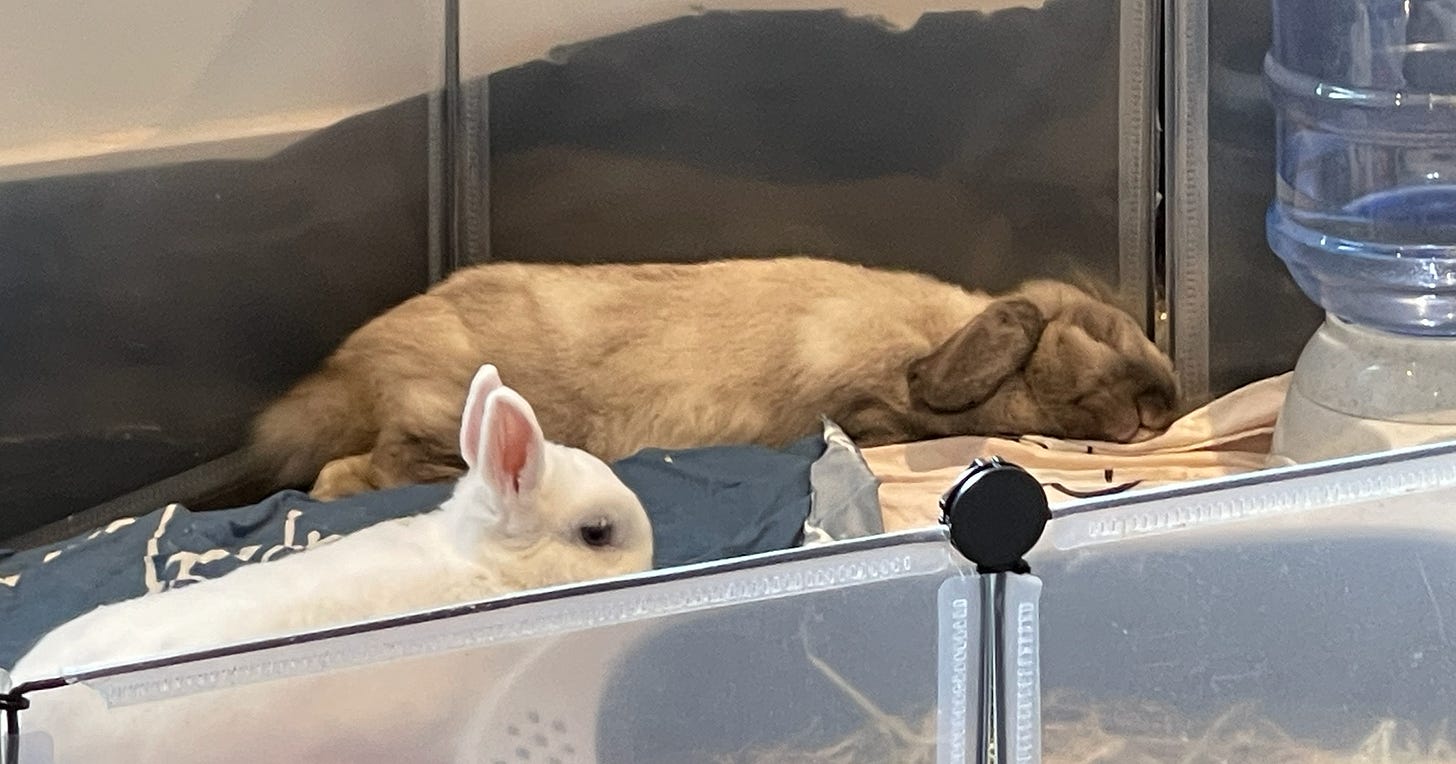The Communication Map
Heatwaves, book recommendations, and being inclusive towards your colleagues (video).
This will be a short one because, well, the heatwave has been steadily melting my brain over the past four weeks, as I’m sure it has with you.
First, I want to share with you the recording of a brief talk I had the pleasure to give a few weeks back at YLD’s ReactJS Girls on the topic of inclusivity.
Then (if you’re still here) I want to recommend a great Summer read that I reference in the talk: The Culture Map, by Erin Meyer.
It’s also on Blinkist, if you’re not a fan of long form.
This book was recommended to me by an amazing leader in Product Management because we both currently work in global companies, where on a daily basis we get to talk to people from a variety of different cultures. As interesting and enriching as it is, it can also be challenging and this book is very good at explaining where these challenges come from and how to reframe them.
What I personally love about it though, is that it gives tools and a vocabulary that helps you understand different communication styles in general. What it describes for diverse cultures can be applied to different neurotypes, industries, and even generations, because the main point is: people don’t choose their communication style in order to cause us problems. They communicate in the best way they know how. Sometimes, it just doesn’t hit the mark.
Take the tech industry as an example: there are running jokes and stereotypes around engineers, designers and product managers and what they think of each other.
In reality, it’s obvious why it’s hard for these groups to align. These are people who spend 8 hours a day solving different types of problems, in different ways, with different tools. Often they even use the same words but with different meanings. They might as well live on different planets!
Is it a surprise that when you put them in a room they struggle to communicate? No.
Is it malicious? No, it’s just hard.
Communication is hard. But it’s also incredibly rewarding. All we need to do (as if it were simple) is keep listening, limit assumptions and not jump to conclusions based on the stories we have in our own heads.
Have any similar book or article recommendations? I’d love to hear it, I’m on a reading roll!




